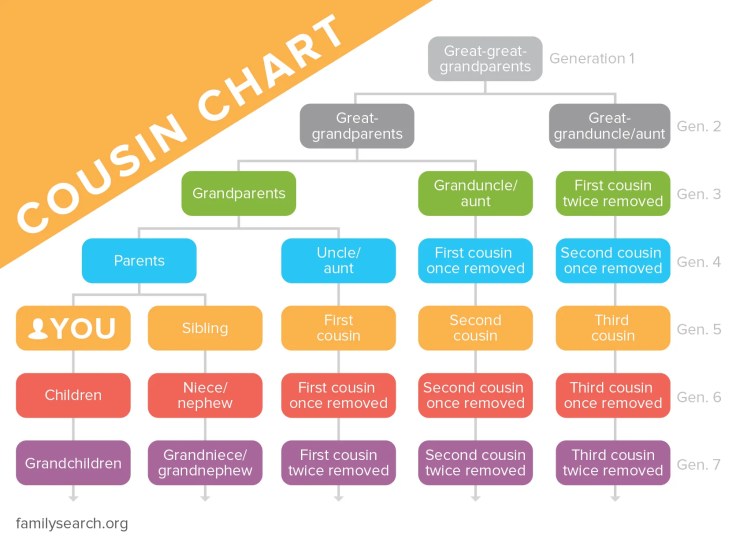Karma (car-ma) is a word meaning
the result of a person's actions as well as the actions themselves. It is a term about the cycle of cause and effect. According to the theory of Karma, what happens to a person, happens because they caused it with their actions.
the result of a person's actions as well as the actions themselves. It is a term about the cycle of cause and effect. According to the theory of Karma, what happens to a person, happens because they caused it with their actions.
So does Karma
really exist?
On the one hand if bad things only happen to people who do bad
things, then how come some good people experience bad things in their lives? On
the other hand it seems to be a source of comfort to believe that evil isn’t
rewarded but rather punished. And how evil is evil, is it merely a fleeting
thought caused by anger or hurt, is it an accidental hurt you do to someone
else, or is it a calculated and hurtful act without remorse?
In 1981 Rabbi Harold Kushner wrote When Bad Things Happen to Good People; the book was touted as “a source of solace and hope”. The good
Rabbi helped to dispel the idea that people were being punished and had no
control over the heartbreaking events that might happen to them. He spoke of
religion and the reality that G-d was not omnipotent — indeed He made mankind
to have free will, but He was not vengeful.
Whatever your personal belief is about Karma and living “The
Golden Rule” it can be both comforting and frightening to think that every
action you take will either come back to pat
you on the back or to kick you in the
arse! Certainly when someone seems to go out of their way to do you harm it
is a comfort to think of that individual getting their so-called just desserts.
Personally I believe that I have seen Karma come into play
many times. If I have been unfortunate enough to bear the brunt of someone’s
harmful actions, I have honestly felt, and in my opinion actually seen, the
individual receive payback. I truly don’t wish for anyone to suffer harm (okay,
brief moments of anger… maybe), but one of my thoughts about everyone doing
good or bad is “May you receive three
times what you put into this world”. It may not happen instantly, but I’ve
often felt the satisfaction (and belief) of seeing it happen.
As an author I get personal satisfaction when I write about a
villain “getting his/hers”. In my novel Bartlett’sRule the villain dies in an ACCIDENT where the hero is involved, while he
does try (unsuccessfully) to save the villain the hero feels no true remorse
over the man’s death. A few readers questioned my tactics. The villain really
was a terrible person who had caused irreparable harm to someone that the hero
loved. It was suggested that maybe I should have just sent the villain to
prison and then, much to my surprise, they spoke of the atrocities the villain
might suffer in prison as payback! (My gosh some of the things…)
In Judaism (the faith I practice) every year on Yom Kippur we
ask for forgiveness from those who we’ve wronged and we forgive those who have
wronged us… ideally you should actually be repentant and gracious and you
should try not to repeat your misdeeds. Whether it is because of your religious
belief or just a case of good conscience, I kind of like a world where we own
what we do and try to be better.
And you never know, maybe Karma is a real thing.








